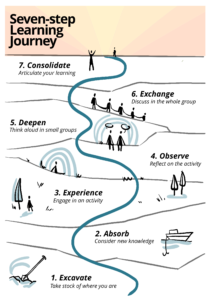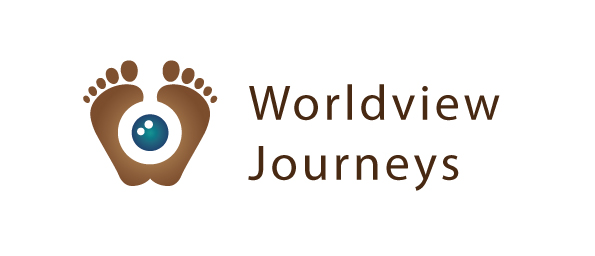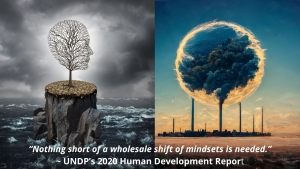An education that fosters psychological maturation and wisdom
Arguably, in our contemporary world, we need wisdom more than knowledge. For understanding how we can support the cultivation of wisdom and psychological growth, we might want to look at the field of developmental psychology.
This field has been studying how humans ‘construct’ and make sense of their world for over a century. While we all make meaning in unique ways, these researchers found striking patterns in the phases the human mind can go through over the life span, observing that meaning-making can become more expansive and complex, as well as less distorted, egocentric, and reactive over time (Kegan and Lahey, 2016).
Yet there is considerable variety within any age, and people move through these phases at different speeds. Also, “many of us, if not most of us, get stuck in our evolution and do not reach the most complex peaks” (Ibid, p.60).
That is, meaning making can evolve, but this is by no means a given. As people evolve, they get better at taking the perspectives of others, take greater responsibility for their thinking and feeling, and can think further into the future (to name only some of the well-researched consequences of mental/psychological development).
This is the kind of psychological growth and personal maturation the education of the future should support and encourage.
An education that supports learners how to think, not what to think
We need an education that creates conducive conditions for people to reflect, discuss, and question their beliefs, rather than needing them to adopt certain beliefs. That is, it needs to support learners in how to think well, not in what to think. Such an education is then fundamentally democratic and non-indoctrinatory, and actually celebrates diversity of thought, rather than attempting to reduce it.
The theory of transformative learning offers a good framework for this. Its underlying assumption is that when adequate conditions are created, students will grow into more complex and inclusive understandings – in alignment with insights from developmental psychology – and thus don’t need any coercing or imposition of specific ideas or values.
Though content (knowledge, concepts, ideas) is part of almost any learning process, the emphasis in transformative learning is on the process of learning, with the aspiration to generate change in their framework of understanding and meaning-making. We do this through using the Seven-Step Learning Journey, as well as through simple yet powerful methods that strengthen innate human abilities, including perspective-taking, inquiry, and stream-of-consciousness.
 The Seven-Step Learning Journey is a learning cycle useful for structuring and facilitating transformative learning. See De Witt et al., 2023. Image by Noeske Kaesler.
The Seven-Step Learning Journey is a learning cycle useful for structuring and facilitating transformative learning. See De Witt et al., 2023. Image by Noeske Kaesler.



 The Seven-Step Learning Journey is a learning cycle useful for structuring and facilitating transformative learning. See
The Seven-Step Learning Journey is a learning cycle useful for structuring and facilitating transformative learning. See